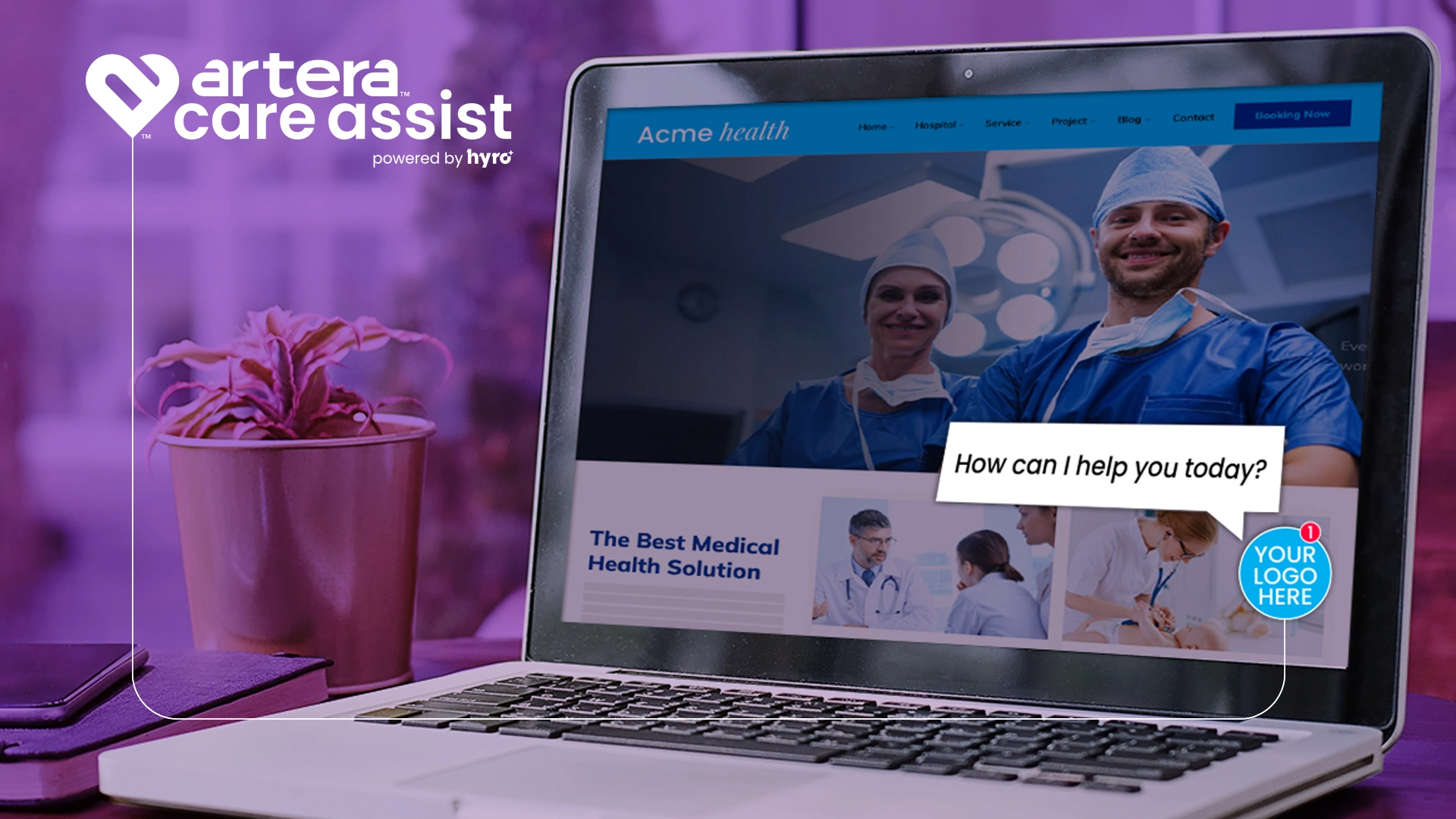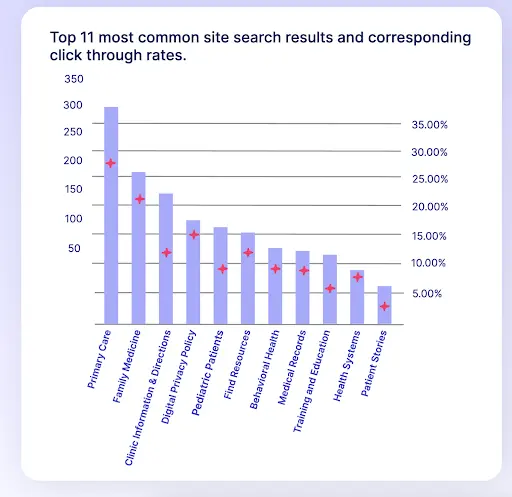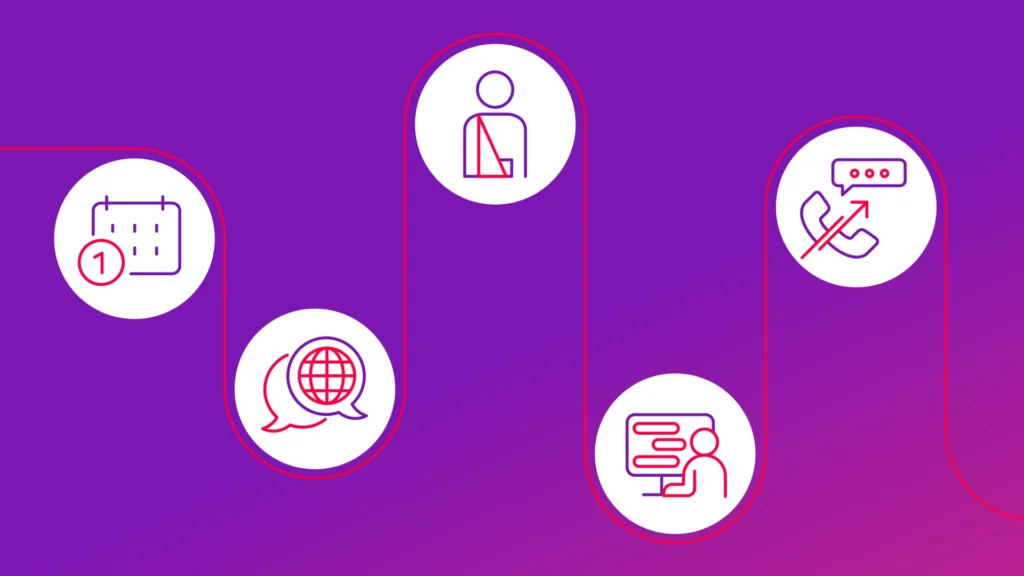
By: Karri Alexion-Tiernan, VP of Product Marketing, Artera
You might be thinking, come on, chatbots have been around for quite some time, are you really trying to tell me this is modern marketing?
No, chatbots have been around for many years. I installed them globally across many websites during my time at Microsoft and in many instances thereafter. That iteration of chatbots required that we predefine the questions and “canned responses” that the bot could handle. This allowed us to use a new channel to address inbound questions and reduce support calls at the exact moment the individual was in the midst of their research.
The positive: we could get the issue resolved in a timely manner and we could keep the potential customer engaged. We successfully generated several leads and revenue associated with this approach. The negative: the bot was only as smart as what we fed it and it didn’t learn on its own. While it ran on our websites, it was functioning as a basic support channel rather than a marketing channel.
91% of chat bots fail to help the customer on the first attempt.
Does it need to be one or the other? Absolutely not, but modern virtual assistants in healthcare make it much easier to handle both support and marketing.
In the dynamic landscape of healthcare marketing, staying ahead of the curve is crucial for success. As technology continues to reshape the industry, Chief Marketing Officers (CMOs) in health systems continue to look for innovative solutions to streamline operations and increase patient engagement. With health systems fighting the challenges of limited staff, tightening budgets and fickle patients who demand a consumer-like experience, modern, AI-driven virtual assistants in healthcare can breathe new life into your marketing strategies. These digital helpers are sophisticated, continual learners that are productive immediately and can positively impact your marketing mix.
Providing more and more access points to care is important to consumers as they navigate their care. Whether it be physical, online, or through marketing portals, creating access is key.1
Nick Ragone, EVP of Marketing, Ascension
Let’s take a look at how virtual assistants can benefit you as a health system CMO:
Personalized Patient Interactions:
In the era of patient-centric care, virtual healthcare assistants provide a unique opportunity for personalized interactions. These AI-driven tools can analyze data from multiple sources that you define, take in freeform questions from your website visitors and deliver tailored content in response. This top-of-funnel engagement increases awareness and allows prospective patients to ask questions, perform self-service research and get answers on their time without the initial engagement of a person. Whether it’s serving information about services for specific conditions, providing directions or surfacing qualified providers more quickly, healthcare virtual assistants enhance the overall patient experience in their research journey.
Superior patient experiences lead to ~50% increase in net margins regardless of the size, type or location of the medical practice.2
Effective Communications in Healthcare: Always On-Call, Never Resting. 24/7, 365 days a year.
Staffing is a challenge across the industry and often the staff you do have is not operating at the top of their license because they’re dealing with repetitive tasks and FAQs that could be addressed without human interaction. AI virtual assistants in healthcare never clock out. They deliver around-the-clock accessibility for patients seeking information or assistance. This 24/7 support is invaluable for health system CMOs looking to understand what terms, topics, and phrases patients are searching on their website, enabling them to tune their content to meet the common requests and offload that manual engagement from their clinical teams and their staff.

Artera Care Assist delivers analytics that will help you sharpen your content, define the right CTAs to get your audience to answers faster and help capture new patients by delivering them a timely consumer-like experience.
Driving a Call to Action – Subscribe, Attend, Learn, Schedule Appointment
Efficient appointment scheduling is a cornerstone of patient engagement but it’s not the only CTA that can improve the patient experience, create a preference or drive consideration for your services. Perhaps their condition requires longer-term care and engagement. Virtual assistants can seamlessly present CTAs based on the questions proposed to raise awareness of opportunities and create deeper interaction or address the immediate issue.
For example, a patient researching breast cancer might be interested in a newsletter that can keep them informed on the latest advancements, or maybe they need additional support from others facing a similar condition and would like to attend a local support meeting. Your virtual assistance can bring these opportunities forward as contextual responses and include a link to your sign-up form that leads the patient to complete the CTA. It’s a win-win: the patient receives information that can help them and you receive a new contact that you can continue to nurture through future care needs.
By ensuring the patient has access to the necessary information about their condition, your providers and services, you can drive them to the ultimate CTA: schedule the appointment.
Your intelligent virtual assistant can help with appointment bookings by directing customers to their MyChart account if that is the desirable route or by surfacing direct scheduling opportunities at the moment. If needed or desired, a live human is just one word away and can be automatically engaged through the virtual assistant.
By doing so, patients can complete their research AND schedule their appointment in one sitting vs. playing phone tag with a provider or waiting on hold for staff to assist. This benefits the patient by saving them time and frustration, the provider by increasing slot utilization, and the health system by capturing revenue, ongoing care opportunities, and potential future referrals.
Creating Champions is not always easy, but not impossible (with the help of Healthcare Virtual Assistants)
It’s fairly well known that if you deliver a poor experience, it can go viral pretty quickly and really impact your brand. So, how can you grab those positive experiences in the exact moment and shine a positive light on your brand? Let your virtual assistant help with the lift!
72%
of consumers read online ratings and reviews
to consider booking with a new healthcare provider. 3
Two approaches to capturing patient sentiment can be used in conjunction with your virtual assistant: Survey before closing the virtual conversation to capture their experience with the virtual assistant or send them to an external site to post a public online rating or review. Both of these are in-the-moment CTAs that could help boost brand recognition and consideration, increase referrals or new patient capture, or identify areas of improvement.
Don’t guess, let the data-driven insights guide you to action
Virtual assistants not only engage, but they learn, they adapt and they analyze data to interpret trends that provide valuable insights into patient behavior. You can leverage this information to refine your web marketing strategies, content and CTAs to increase patient engagement.

The always on-call, never-resting responsiveness of modern virtual assistants is invaluable for you to understand what terms, topics and phrases patients are searching for on your health system website.
These insights allow you to tune your content to meet the common requests and offload that manual engagement from providers and their staff.
Are you a CMO leading the charge or leading the status quo in 2024?
Artera Care Assist is an AI-powered virtual assistant that can become a powerful channel in your marketing mix. From surfacing contextual information to driving patient engagement, you will create a more consumer-like experience that will help your website work for you in 2024 and beyond. The analytics delivered will help you understand what topics are trending so you can sharpen your content, deliver answers faster and in context, and surface the right CTAs to drive patients to choose your health system and its providers.
Healthcare providers that implemented changes focused on improving the consumer experience—including through marketing efforts—saw their revenue increase by up to 20 percent over five years, while costs to serve decreased by up to 30 percent.4
As you look at your strategies for 2024, one thing is clear: AI use is growing, staffing shortages will continue to exist and following the same patterns as in the past will not yield better results. By embracing AI-powered virtual assistants as a strategic channel in your marketing mix, you can move your health system toward a more efficient, patient-centric approach. These assistants not only deliver a more consumer-like experience that patients demand but also contribute to data-driven decision-making and improve overall operational efficiency.
92%
of healthcare CIOs plan to implement AI
and ML technology by 20255
In an era where technology is accelerating experiences in healthcare, virtual assistants can be incredible partners to CMOs and CMOs can be stronger partners to their CIO, CDO, and Patient Experience partners who are striving to lead their organizations toward a digitally-empowered future.
Unlock Your Intelligent Virtual Assistant or See Artera Case Assist in Action.
Read my next post: Patient Experience Continuity: How to Avoid dropping the ball across digital channels.
###
- Health Leaders Media
- Accenture
- Patient Engagement HIT
- McKinsey
- Gartner 2023 CIO Agenda Insights for Healthcare Providers


